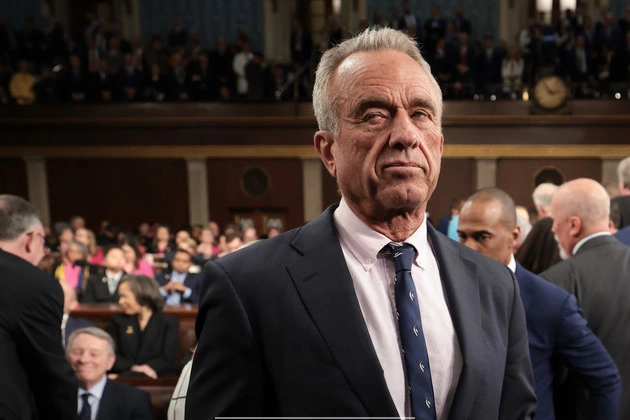
Sen. Deb Fischer (R-Neb.) emphasized that U.S. farmers and ranchers are often seen as the “easy target” for retaliatory tariffs from other countries. Despite concerns within the agricultural community, Fischer expressed her constituents’ willingness to give President Donald Trump the necessary time to navigate trade negotiations.
The Challenge of Tariffs
When discussing tariffs, Fischer acknowledged the anxiety among agricultural stakeholders due to the potential repercussions. She stated, “When you talk about tariffs, people in ag get a little nervous, because we know we are the easy target for other countries if they are going to retaliate.” This recognition underscores the vulnerability of the agricultural sector in trade disputes.
Patient Approach to Negotiations
Despite the uncertainties surrounding tariff implementations, Fischer highlighted the prevailing sentiment of providing the president with the required time to secure favorable trade deals. She mentioned, “There’s a feeling out there that we’re going to give the president time, so that he can negotiate good deals,” reflecting a patient and optimistic outlook among stakeholders.
Financial Support and Congressional Action
Noting the financial implications of trade conflicts, Fischer referenced the previous utilization of a USDA fund by President Trump to assist farmers impacted by tariffs, amounting to $28 billion during his first term. However, with the fund now reduced to approximately $4 billion, congressional intervention is essential to replenish the resources. Fischer indicated the necessity to monitor the progress of negotiations within the legislative bodies to address this financial concern.
Future Prospects and Congressional Deliberations
Regarding the resolution of trade disputes and the potential allocation of additional funds, Fischer maintained a cautious stance, stating, “We’ll have to wait and see.” This prudent approach underscores the complexity of trade negotiations and the deliberative process required to reach mutually beneficial agreements.
As discussions continue in the House and the Senate regarding financial support for farmers and the broader implications of trade policies, Fischer’s insights shed light on the challenges faced by the agricultural community and the ongoing efforts to safeguard their interests amidst evolving trade dynamics.















